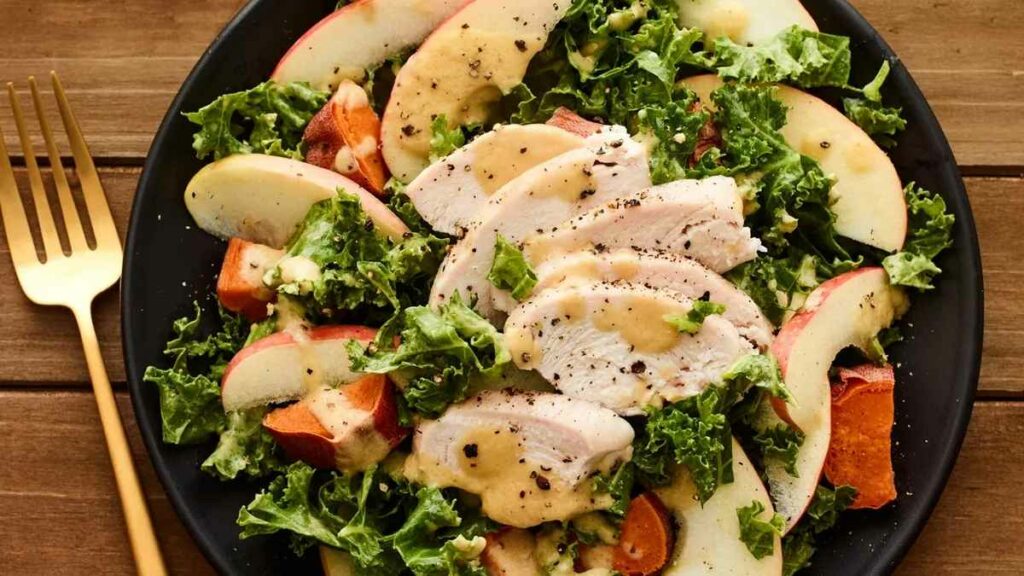Every Day Salad Keeps the Doc Away
Have you ever wondered why some foods, like creamy pasta or a juicy cheeseburger, just don’t taste as good as salads and vegetables? The causes stem from our evolutionary history. Calorie-dense foods were preferred by our ancestors because they allowed them to thrive during periods of scarcity. These days, this preference may be detrimental to us as it encourages the consumption of unhealthy foods and the avoidance of nutrient-dense foods like veggies and salads. It is possible to retrain our taste buds to appreciate these superfoods and the process can be quite enjoyable.
The Advantages of Vegetables for Health
A diet rich in vegetables is the foundation of health. They have few calories but are high in fiber, vitamins, and minerals. Regular consumption of vegetables can help reduce the risk of many chronic diseases, including heart disease, high blood pressure, and some cancers. Not to add, they support healthy skin and eyes and help with weight management.
Customize Your Salad
Making a salad is among the simplest and most convenient ways to eat vegetables. Vegetable salad recipes ranging from Greek salad to beet salad with arugula and balsamic vinaigrette can be found on websites like “Insanely Good Recipes.” Every recipe gives you a thorough explanation of the components and how to prepare them, so you can try different combinations and see which ones work best for you.
Nina Cherie Franklin, the creator of “That Salad Lady” and a coach for healthy living, places a strong emphasis on whole-food nutrition for overall wellbeing. With an emphasis on whole foods and nutritional balance, she instructs her followers on how to put together a salad bowl. Her blog offers a wealth of unique recipes and advice on leading a healthy lifestyle.
Ways to Enhance the Appetizingness of Salads and Veggies
Getting to know how our taste buds change in response to food is the first step to enjoying salads and vegetables more. Here are some tactics:
Develop your palate:
Taste is flexible. Your taste perception of vegetables can be gradually altered by regular consumption.
Employ ingredients for masking:
Vegetables can taste bitter at times. It is possible to make these flavors more tolerable by covering them up with fruit, dressing, or other dishes.
Try different pairings and textures:
Combine various fruits, veggies, and dressings. Try roasting, steaming, or grilling. There are countless options!
Dispute prejudices:
Aversion to particular foods is frequently psychological rather than physiological. Try a variety of salads and confront your prejudices.
The Secret to Developing a Taste for Veggies: Kindness and Patience
Throughout this journey, it’s critical to have patience with yourself. It can take some time to develop a taste for vegetables and salads. Remember that progress is more important than perfection and treat yourself with kindness. Just keep trying, as nutritionist Emma Beckett advises.
The Complete Manual for Healthful Salad Recipes
“Caribbean Green Living” provides a thorough recipe book for making tasty and nutritious salads for all seasons. It discusses the advantages of salad eating, utilizing ingredients that are in season, and selecting the proper greens and dressing. Consuming food that is in season not only guarantees freshness but also helps local farmers and lowers your carbon footprint. Selecting the proper dressing is crucial since it can improve the taste of your salad and add nutrients.

